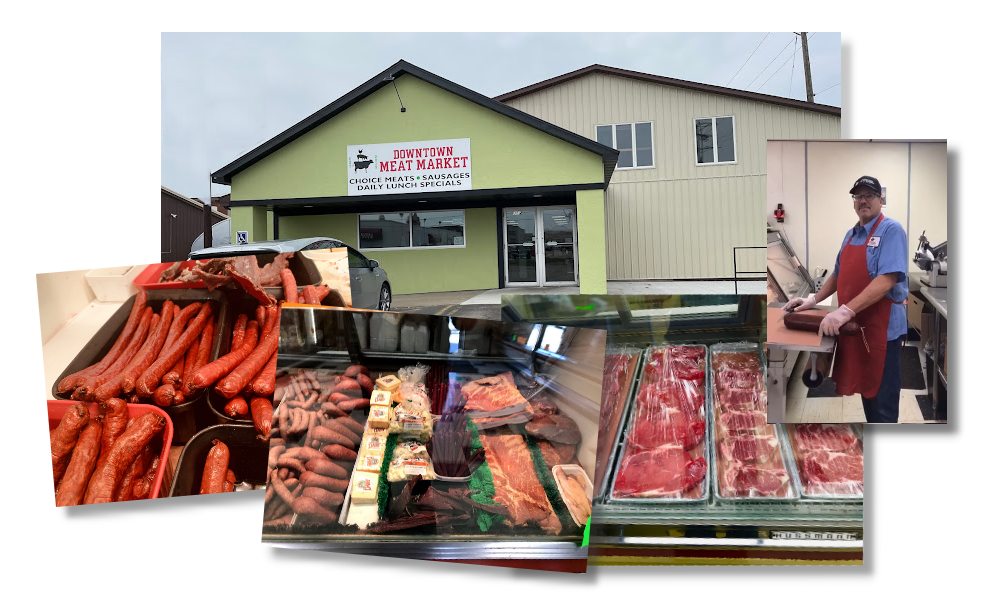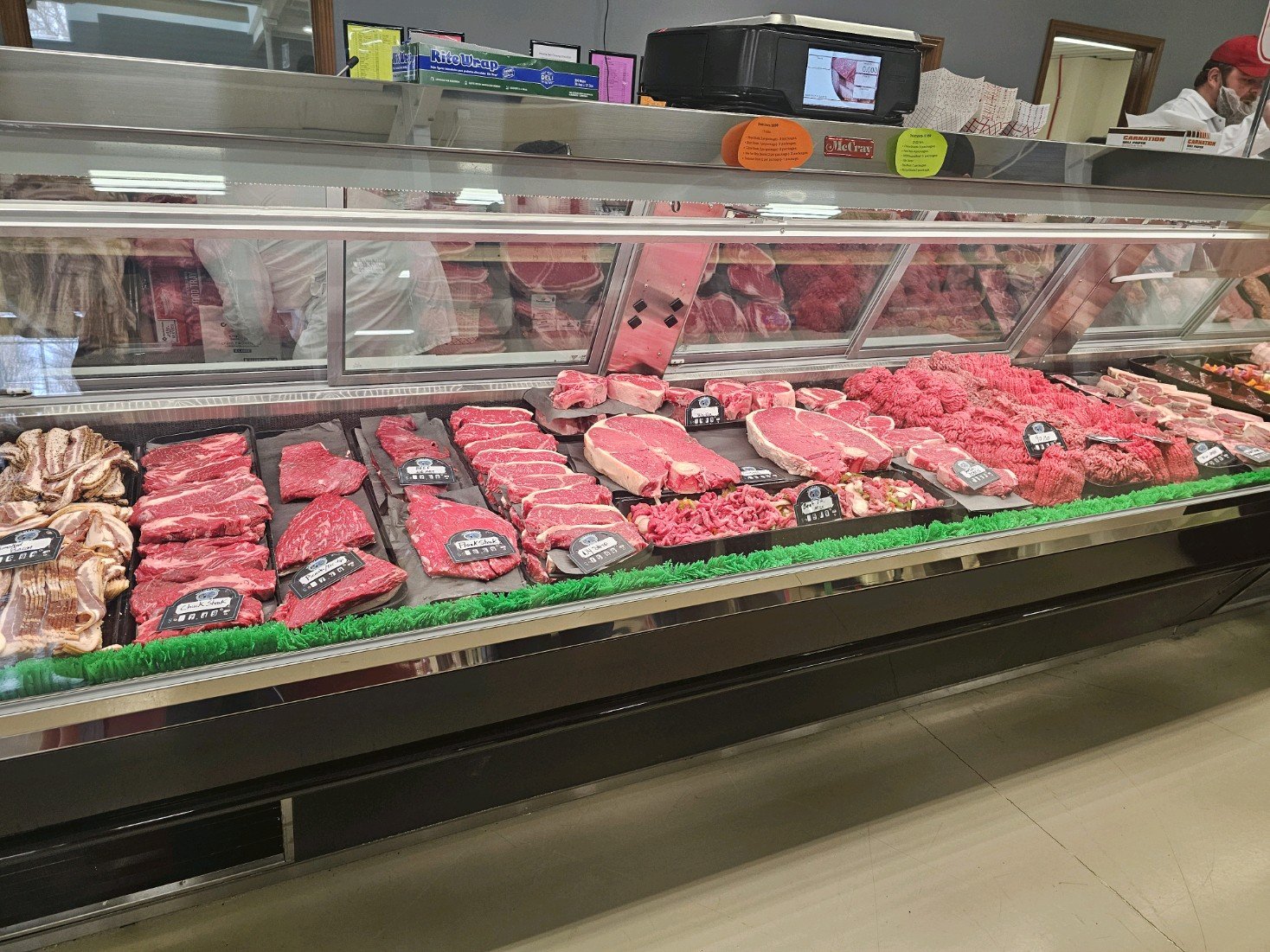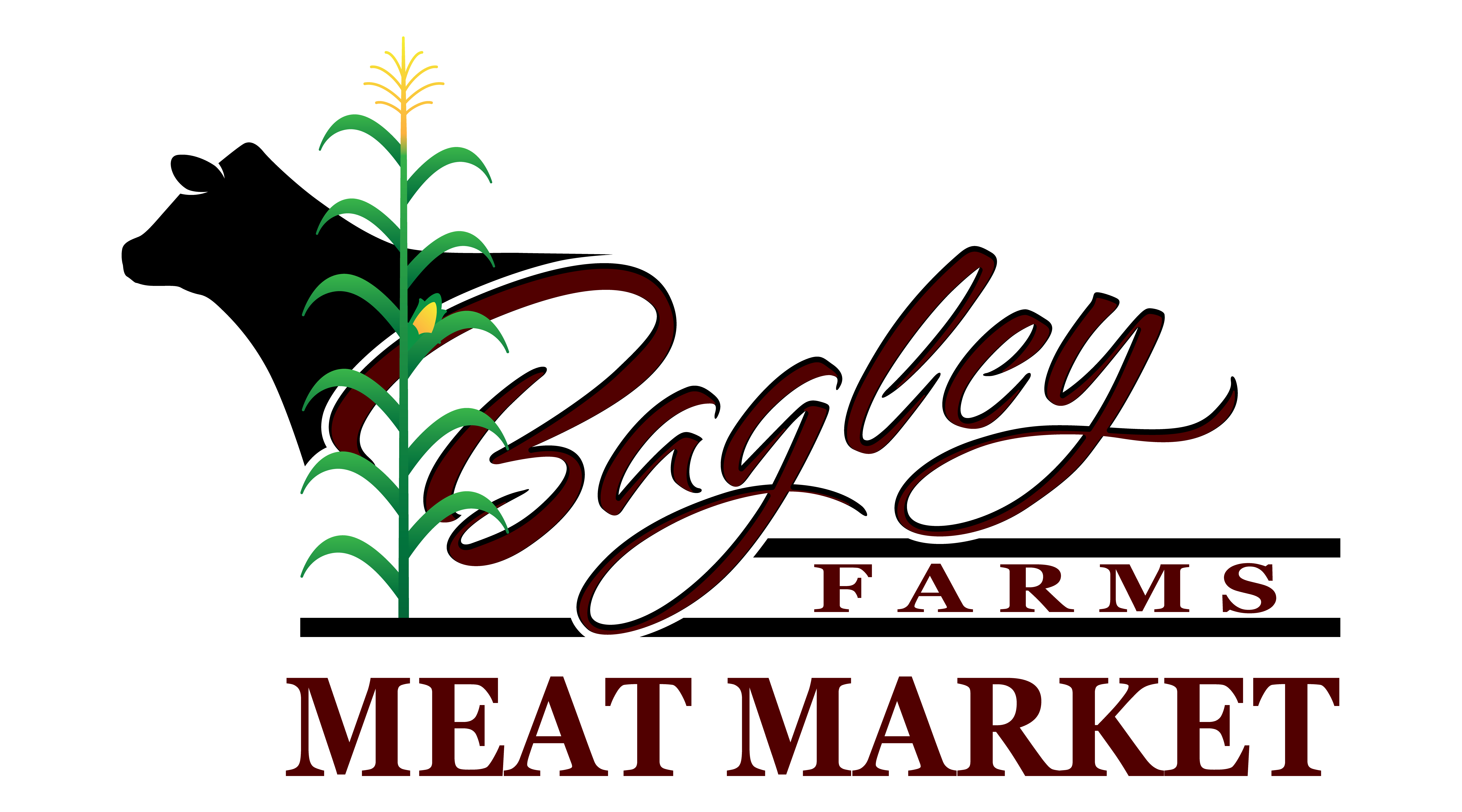Explore the Variety of Fresh Meats at Bagley Meat Market Edwardsville IL Today
Explore the Variety of Fresh Meats at Bagley Meat Market Edwardsville IL Today
Blog Article
Why Purchasing at a Regional Meat Market Guarantees Fresh, High-Quality Cuts
Shopping at a regional meat market supplies unique benefits that often go unnoticed by customers accustomed to larger retail chains. These markets offer straight access to fresh, premium cuts, an outcome of lessened transport time from farm to respond to. This not only boosts taste but also sustains neighborhood farmers, fostering area partnerships and sustainable methods. Strenuous high quality control measures guarantee that each purchase fulfills high standards of security and quality. The effects of picking regional expand beyond instant benefits, motivating a closer examination of what this selection really implies for both consumers and the regional economic climate.
Benefits of Neighborhood Sourcing
In the world of food procurement, the benefits of local sourcing stand out prominently. By purchasing meat from neighborhood markets, consumers obtain straight access to products that are often fresher and more tasty than those found in larger, business supermarkets. Neighborhood sourcing reduces the moment and distance food travels from farm to table, which not only boosts taste however likewise protects nutritional worth.

Additionally, local sourcing commonly provides transparency regarding the beginnings of the meat. Consumers can ask about the farming techniques utilized, animal welfare standards, and whether the meat is natural or grass-fed. This info encourages buyers to make informed choices straightened with their values.
Quality Assurance Specifications
Local meat markets typically stick to extensive high quality control criteria that ensure the items used meet high safety and quality benchmarks. These requirements usually include various stages of the meat production procedure, from sourcing to taking care of and storage space.
First, local markets often establish strict distributor requirements, making certain that just respectable farms and producers are made use of - bagley meat market edwardsville il. This reduces the possibility of contamination and advertises greater pet well-being criteria. Additionally, many neighborhood meat markets execute routine inspections to verify that the meat is refined under hygienic problems, further reducing health risks
Temperature control is another vital element of quality control. Regional meat markets frequently keep track of refrigeration systems to preserve ideal storage space temperatures, making certain that meat remains fresh and safe for usage. Additionally, the implementation of traceability systems allows markets to track the beginning of their products, providing transparency and accountability.
Last but not least, team at neighborhood meat markets are commonly trained to recognize signs of putridity and comprehend appropriate handling techniques. This commitment to quality assurance not only boosts the total requirement of the meat but also fosters consumer trust, making regional meat markets a reliable resource for premium cuts.
Supporting Neighborhood Farmers
Sustaining regional farmers is essential for promoting a sustainable food system and improving area durability. When consumers pick to shop at regional meat markets, they directly add to the resources of farmers in their area. This not only supports the regional economic situation but likewise enhances the agricultural market, making certain that it remains dynamic and sensible.


Moreover, supporting local farmers fosters a sense of neighborhood and link in between manufacturers and consumers. It encourages openness in food sourcing and instills trust fund, as consumers can create partnerships with the people that elevate their food. This straight link eventually causes an extra engaged and educated public, which is crucial for supporting for lasting agricultural techniques in the future.
Lasting Practices
Sustainable practices in meat markets play an important duty in advertising ecological stewardship and making certain pet well-being. Local meat markets commonly focus on sourcing their items from ranches that execute sustainable and honest farming techniques. These practices consist of rotational grazing, which assists keep soil wellness and lowers carbon exhausts, alongside minimizing the usage of prescription antibiotics and hormonal agents in livestock.
Additionally, local meat markets usually emphasize transparency in their supply chains. Clients are provided with information concerning the origin of their meat, allowing them to make educated choices that align with their values. By sustaining neighborhood farmers who exercise lasting approaches, consumers add to the conservation of biodiversity and the decrease of transport emissions connected with long-distance meat distribution.
Additionally, numerous neighborhood meat markets participate in waste decrease methods, such as using every part of the pet and advertising off-cuts that could or else go unsold. By promoting a more lasting strategy to meat usage, these markets not only offer high-grade items yet additionally add favorably to the setting and pet welfare. Essentially, purchasing at a regional meat market aligns consumers with a wider movement towards moral and accountable food sourcing.
Personalized Customer Support
Buying at a meat market often incorporates greater than just the items offered; it is additionally concerning the experience and the relationships built in between customers and personnel. Personalized client service is a trademark of neighborhood meat markets, setting them aside from larger grocery store chains. Educated personnel make the effort to understand individual client preferences, making sure that each see this link is customized to certain requirements.
Customers gain from skilled advice on cuts, cooking techniques, and prep work ideas, fostering a feeling of trust fund and commitment. This tailored communication allows customers to ask questions and look for recommendations, bring about informed getting decisions. Personnel frequently keep in mind normal customers and their preferences, creating an inviting ambience that cultivates community connections.
Moreover, read what he said personalized solution encompasses special demands, such as customized cuts or specific preparation techniques, which larger retailers may not accommodate. This degree of attention reinforces the dedication of neighborhood meat markets to top quality and consumer fulfillment.
Essentially, personalized customer support not only boosts the purchasing experience however also ensures that consumers entrust the most effective products fit to their culinary requirements, making every check out a rewarding one.
Conclusion
Supporting local farmers promotes neighborhood connections and enhances the neighborhood economic climate, while sustainable practices contribute to environmental stewardship. Additionally, tailored customer service enhances the shopping experience, making local meat markets a preferred selection for consumers looking for both quality and honest factors to consider in their food sourcing.
The ramifications of picking local prolong past prompt benefits, motivating a more detailed exam of what this choice genuinely suggests for both consumers and the regional economy.
Supporting neighborhood meat markets also contributes to the local economic situation. Neighborhood meat markets regularly keep track of refrigeration systems to preserve ideal storage space temperatures, guaranteeing that meat remains fresh and secure for consumption.Neighborhood farmers are usually much more attuned to the details needs of their areas, elevating and growing plants livestock that straighten with local preferences and choices. Sustaining local farmers cultivates area partnerships and reinforces the neighborhood economy, while lasting methods contribute to environmental stewardship.
Report this page